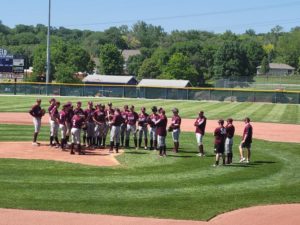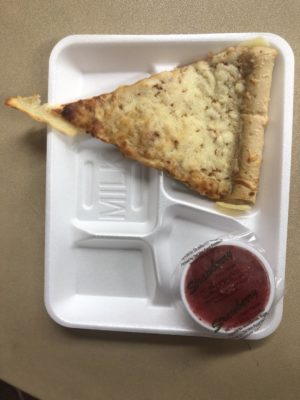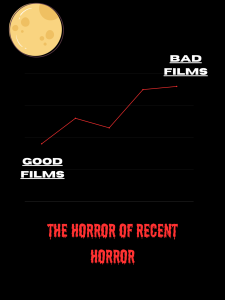Forensic team members grow close while developing life skills
November 14, 2018
Walking into a forensics practice at Bellevue West consisted of just what you would expect from a speech class: talking, and lots of it.
Among the buzz of conversation, students practiced energized speeches with friends, recited formal presentations into a mirror, checking themselves for necessary body language, or discussed topics with peers in the back.
A forensics class at Bellevue West teaches students how to properly compose and present a variety of speeches. These speeches range from political, more professional talks, to humorous performances similar to that of a theatre scene.
Whatever their purpose, in order for speeches to be successful, they require a lot of practice. Forensics coach Rebecca Hier sees how hard her students work during practices on the daily.
“We start in seventh hour with rehearsals and then I’m offering practice usually three times a week from about 5:30 to 7:00 which gives lots of kids an opportunity to get extra practice,” Hier said. “It gives my kids who are in sports or are in theatre or other activities the chance to go to their after school practices and then still be able to come in for speech if they want that extra time.”
Freshman Robyn Boyland first became interested in forensics after discovering that it directly connected her to her love for giving and writing speeches. She has realized how important practicing and classwork is for the team.
“Our classwork is really preparing us for tournaments so everything we do is getting us familiar with how it’s going to work and ready to perform in front of an audience,” Boyland said.
During this time forensics students can learn how to write and present many different kinds of speeches for tournaments.
“We have nine different events that I coach throughout the course of the year,” Hier said. “It covers things like persuasive speaking to informative speaking to humorous interp, which is very similar to watching a theatrical event, to extemporaneous which is more politically based.”
During forensic tournaments, each of these categories are split into three rounds. Each round happens in a specific room with six speakers in each room.
“There’s one judge and the judge ranks those performances and the top six speakers will then be broke into a final round,” Hier said. “From that final round we’ll have one more round and the results of that are your top speakers.”
On Saturday, Nov. 3, the team hosted their annual Bellevue West forensics tournament. Although the team could not compete because they hosted, it is still a significant event for them.
“The Bellevue West tournament is special in that it’s the first varsity tournament of the season every year,” Hier said. “We were able to pull in a team from Minnesota and part of that is because we are a national bid tournament for the National Individual Events Tournament of Champions and that particular tournament is actually happening at Millard North in May of this year.”
Because the team competes every weekend from November to March, they have developed a casual process during practices and have grown very close.
“It’s really kind of free range,” Boyland said. “You come into class, [Hier] talks for a minute or two, and then you’re just given some time to do what you want. It’s very laid back and everyone’s so nice to each other, we’re all just a big family.”
Strong speaking skills are important beyond forensics tournaments. Hier works hard in order to ensure that her students realize this.
“Once we get out of season, there’s about a two month period left in school where we are not in competition, so that second half we end up talking more about communication,” Hier said.
She starts by asking questions like “How do you communicate in various venues and how do you work with or talk to someone who’s younger than you, your age, older than you?”
Hier also brings in speakers from various professions and coaches who are all mostly alumni.
“I try to give the kids an opportunity to see exactly what having strong speaking skills can do for them,” Hier said.
Boyland said she hopes that forensics will help her in her future profession.
“I’ve heard that a lot of jobs like you to have a background in public address and speech and stuff like that,” Boyland said. “So I feel like I’ll be able to get a good job if I keep on going with this.”






